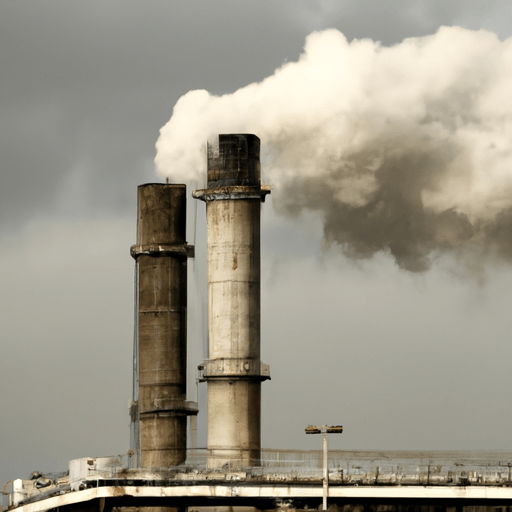Industrialization and Climate Change
Over the past two centuries, the effects of industrialization have been felt across the planet. From the large-scale extraction of fossil fuels to the production of synthetic materials, the development of industry has had a major impact on the world’s climate. As the global population continues to grow and industry expands, the need to understand and address these impacts has become increasingly urgent.
Direct Effects of Industrialization
The direct effects of industrialization on climate change are the result of the burning of fossil fuels such as oil, coal, and natural gas. This process releases large amounts of carbon dioxide into the atmosphere, which traps heat and contributes to global warming. The emission of other air pollutants, such as sulfur dioxide and nitrogen oxides, can also have an impact on climate change by altering the composition of the atmosphere and reducing the amount of sunlight that is reflected back into space.
Indirect Effects of Industrialization
In addition to the direct effects of industrialization, there are also indirect effects that are less understood. For example, the deforestation that often accompanies industrialization can have a major impact on climate change. Trees absorb carbon dioxide from the atmosphere and store it in their leaves, trunks, and roots. When these trees are removed, the carbon dioxide is released back into the atmosphere, adding to the global warming crisis.
Mitigating the Effects of Industrialization
Fortunately, there are several strategies that can help mitigate the effects of industrialization on climate change. These include reducing the burning of fossil fuels, decreasing emissions of air pollutants, and improving energy efficiency. Additionally, reforestation and the use of renewable energy sources such as solar and wind can help reduce the amount of carbon dioxide in the atmosphere.
Implications for the Future
The impacts of industrialization on climate change have already had devastating effects on our planet, and the situation is only expected to worsen in the coming years. It is essential that we take action now to mitigate these effects and protect our planet for future generations. By taking steps to reduce our reliance on fossil fuels, decrease emissions of air pollutants, and improve energy efficiency, we can work together to help protect our planet and ensure a brighter future for all.

















Comments
Leave a Comment